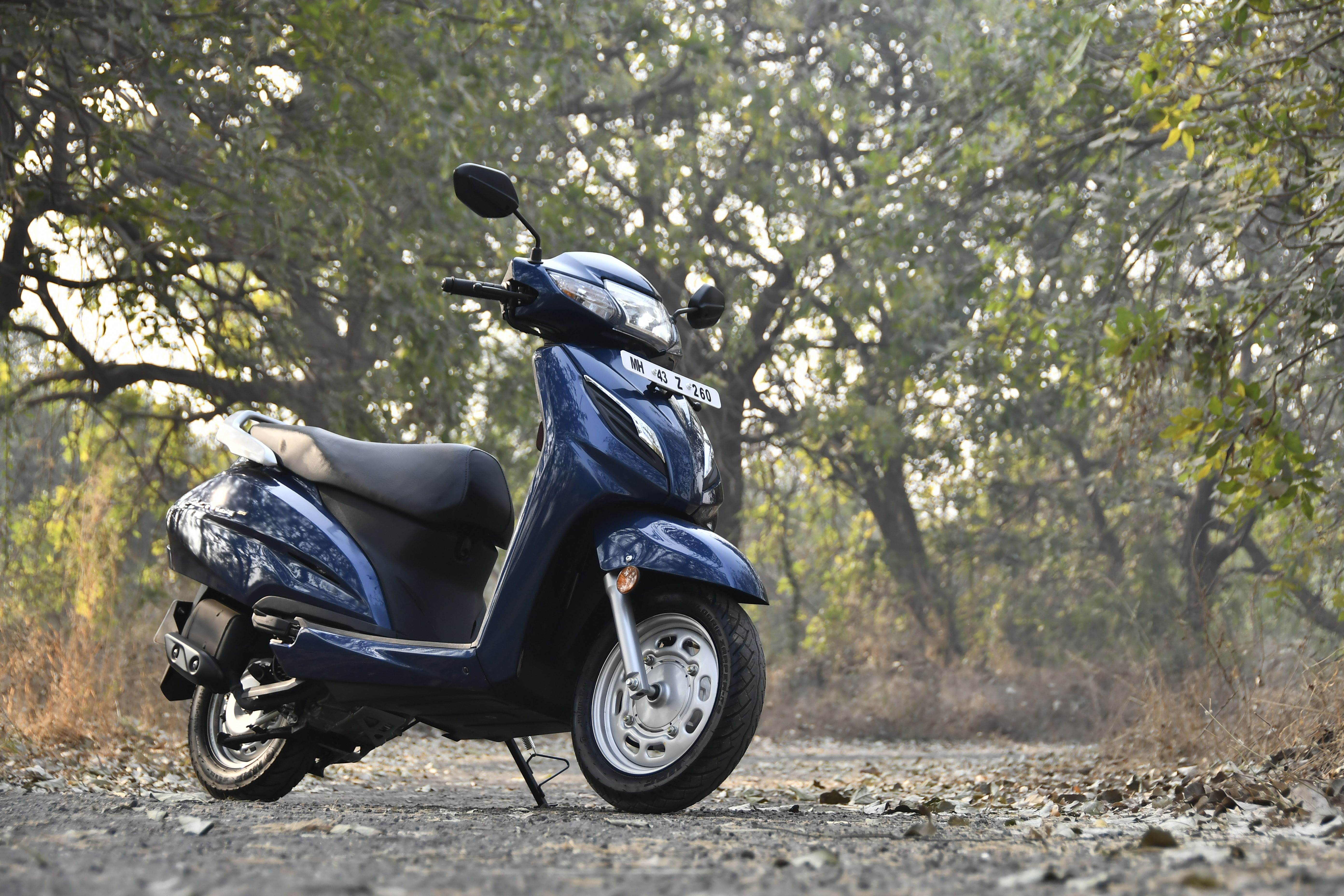EV Innovations MyKar – city EV prototype designed and built in Malaysia, 32 hp and 295 Nm, 150 km range
Malaysian start-up company EV Innovations is hoping that its electric vehicle tech will eventually form the basis of a locally-made EV. The firm, which is a subsidiary of System Consultancy Services (SCS), a local information and communication technology (ICT) provider, has come up with a prototype EV to highlight that potential.
Work on the MyKar, as the concept is called, began in January 2019, and the vehicle made its first public appearance at the Kuala Lumpur Engineering Science Fair last November. Running trials began this year, but was interrupted due to the appearance of Covid-19. The company held another test session yesterday at the Putrajaya Airstrip, and invited a number of people to have a closer look at it.
As the photos show, the MyKar is far from a finished article, but the testbed is fully-functioning, even if there are almost no mod-cons – or road-legality – to speak about. The exterior shape may look familiar at points, and that’s because the outline essentially mirrors that of the Honda Jazz, an example of which the company bought and used for engineering purposes.
The doors and suspension of the MyKar are taken directly from the Jazz, which also provided the general lines for the EV’s fibreglass composite bodyshell, which was built by DK Composites. The exterior sits on a ladder frame/tubular chassis fabricated by EV Innovations.



Motive power for the 900 kg vehicle is provided by two 12 kW hub motors, driving the rear wheels. The car is juiced by a 10 kWh capacity battery pack, made up of 32 China Aviation Lithium Battery (CALB) lithium-ion phosphate (LiFePO4) cells, which weigh 100 kg in total.
Energy consumption in this particular configuration is 6.6 kWh per 100 km, giving the MyKar an operating range of around 150 km, with a charging time of about three hours. The company says a 16 kWh battery will increase that range to 200 km, although this will also increase the charging time needed to 4.8 hours and the car’s weight to 1,016 kg.
Output specs for the 10 kWh version are a 24 kW (32 hp) rated output and 30 kg/m (295 Nm), and performance-wise, the claimed maximum speed is 104 km/h, with a 0-100 km/h time of 16.7 seconds. It doesn’t sound very fast, but the MyKar is faster than a Perodua Myvi at completing a quarter-mile run, as shown from a couple of drag tests between the two cars at the event.



The company has a video of the same tests carried out earlier this year. Prior to its showing yesterday, the car had undergone a couple of field tests before the pandemic began. The first was a range and durability test at the Sepang International Circuit in February, and the second, a performance test at the Putrajaya Airstrip in March, which is when the video was shot.
Elsewhere, the MyKar eschews side view mirrors for a camera system and dual LCD screen viewers inside the car, and the solar panel strips seen on the roof of the vehicle charges a separate battery, which powers the car’s solid-state air-conditioning system.
We had a brief go in the car, and from the EV system’s viewpoint, there’s enough pep to suggest that in a far more commercial, well-fleshed out monocoque chassis, it could very much provide a good putter around the city. The powertrain feels fairly responsive and there’s decent tractability.



That the vehicle it is housed in is rough around the edges is unquestionable, highlighted by the absolute lack of power assist in the steering, the inability to belt up (there are seatbelts in the car, but no buckles) and a cobbled-up interior, although a couple of tablet screens do their best to gloss up the presentation. It’s all very much a means to an end, a package to deliver the workings of the electric system and accompanying software.
According to SCS executive chairman Datuk Khalilur Rahman Ebrahim, the company has so far spent RM600,000 on development costs for the MyKar. However, it isn’t looking to develop the MyKar commercially, but is merely carrying out research and development of the EV system and utilising the vehicle as a test bed to showcase the possibilities of the tech.
“We hope to show that electrification can provide a more economical alternative in manufacturing a mass-produced car, and are looking for potential partners to develop the project further,” he said. The company added that it is set to carry out further trials on different hub motors and batteries, and has promised to provide updates on the project as they come along.




















The post EV Innovations MyKar – city EV prototype designed and built in Malaysia, 32 hp and 295 Nm, 150 km range appeared first on Paul Tan's Automotive News.
from Paul Tan's Automotive News
Read The Rest:paultan...



Post a Comment